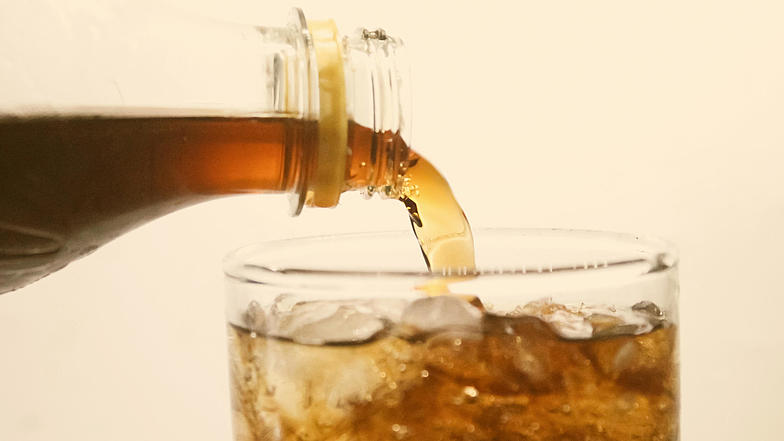New Studies Reinforce Health Concerns Over Aspartame, but EU Action Still Missing
- Additives
Fresh scientific findings published in 2025 add to existing questions about the safety of the artificial sweetener aspartame. Yet, at the time of writing, precautionary action from the Commission is still awaited.
Since the beginning of the year, several independent research teams have published studies linking aspartame to a range of potential health effects:
- March 2025 - A group of researchers from Taiwan published a study investigating the effects of aspartame on delayed puberty based on rodent data and human models. They found that long-term exposure from pregnancy to offspring resulted in delayed puberty in female offspring rats together with other effects such as mitochondrial dysfunction, and increased ovary oxidative stress among others.
- April 2025 - New findings from the French epidemiology NutrinetSante cohort (more than 100,000 people) suggested that the consumption of mixtures of additives casually found in food products, with sweeteners including aspartame, could be associated with higher incidence of type 2 diabetes.
- June 2025 - A group of independent experts in cancer assessment published a commentary highlighting again the divide about the IARC’s conclusion on the strength of the cancer classification. The experts stressed that the methodological limitations invoked to dismiss some of the available rodent studies showing cancer from the Ramazzini Institute and “only” support a classification as a “possible” carcinogen were not adequately justified. They also rightly pointed out that, on the other hand, studies from the same institute have commonly been integrated in the assessments of other IARC working groups in the past.
- July 2025 - Two studies published in Nature’s Scientific Reports found potential evidence of harm for other health endpoints.
- Chinese researchers used omics technologies to analyse aspartame’s impact on gut microbiota and the progression of glioblastoma (an aggressive type of brain tumour) in a mouse model. They found that aspartame consumption led to changes in the gut microbiota and in the expression of certain genes that could be critical for the progression of glioblastema and that warrant further research.
- Integrating network toxicology and computational models, another team of Chinese researchers study found that the sweetener may contribute to the incidence of ischemic stroke and started providing elements suggesting potential neurotoxicity of aspartame.
These findings add to earlier scientific alerts about possible links with cancer, cardiovascular diseases, type 2 diabetes, and gut microbiome disturbances. All in all, it is clear that new research justifies a precautionary approach towards Aspartame, which is why we will keep advocating for a ban based on concerns for health.

No to aspartame in our food and drinks!
Join the movement: Sign our petition to ban aspartame now!
Background: IARC vs JECFA conclusions
Aspartame has been the subject of controversy since June 2023, when the WHO’s International Agency for Research on Cancer (IARC) classified it as a possible carcinogen to humans (2B). Some experts in the IARC working group favoured an even stronger classification (2A).
Shortly after, the WHO-FAO JECFA committee reaffirmed the additive’s safety up to the current European intake limit of 40 mg/kg body weight. However, critics note that the JECFA relied heavily on an industry study from 1981 and appeared to rate industry-funded research more positively than independent studies.
EU Commission holds back
Called out by foodwatch at the launch of the campaign, the Commission responded that it considers that the current EFSA intake recommendation is protective of the general population. It pointed out that two related sweeteners – E961 neotame and E962 the salt of aspartame-acesulfame – were currently under reevaluation and that the newest evidence regarding aspartame would be taken into account in this process.
In the meantime, meeting requests that we have sent to the cabinet of EC President Von Der Leyen to handover the first 250,000 signatures of the petition were answered negatively.
With fresh studies emerging in 2025 and public pressure mounting, the debate over aspartame’s safety is far from settled. At the time of writing, it does not look like the EU Commission is ready to take precautionary action, making the continuation of civil society campaigns all the more necessary.
